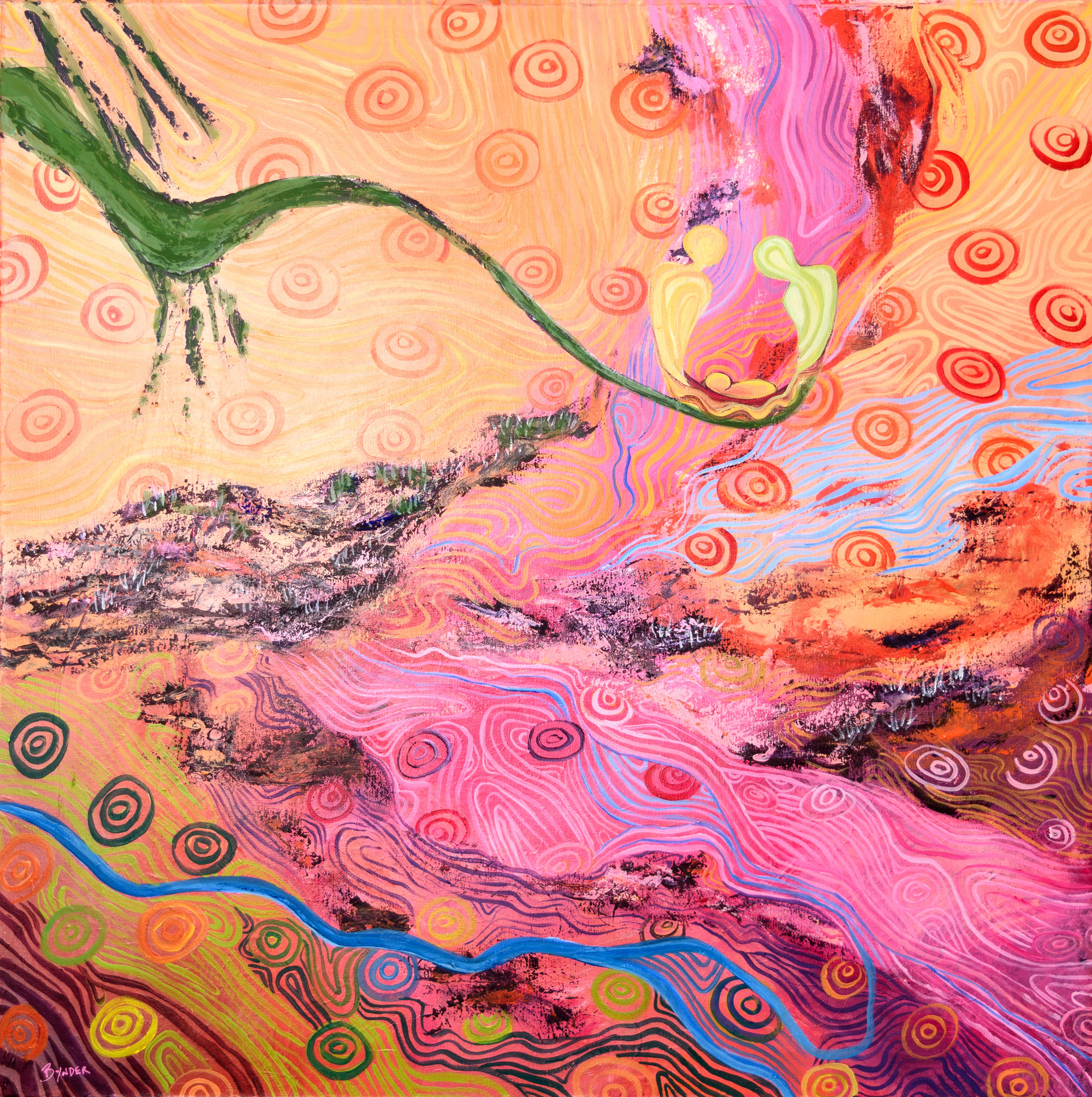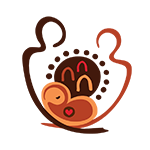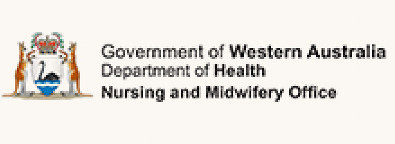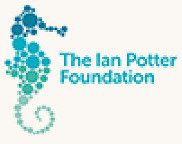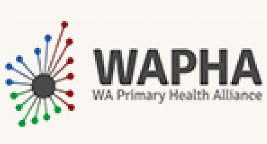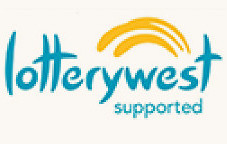Baby Coming You Ready?
Baby Coming You Ready? (BCYR) is a culturally safe digital platform that promises to be a ‘game-changer’ in antenatal and postnatal care, bridging the communication gap between health care professionals and Aboriginal and Torres Strait Islander mothers and fathers.
BCYR centres around a digital platform that uses a web-based mobile application. Sensitive touch-screen images and Aboriginal voice-overs guide users through events, circumstances and life experiences that strengthen or detract from health and well-being. It guides users through a strengths-based and healing-focused mental health and social and emotional well-being assessment then supports woman-centered and directed follow-up care.
A recent pilot (2021-2023) in Perth, outer metropolitan and rural clinical settings demonstrated that BCYR actively improves honest, trusting, open engagement between professionals and mothers, and supports meaningful follow-up support and care, leading to improved outcomes for mothers and babies.
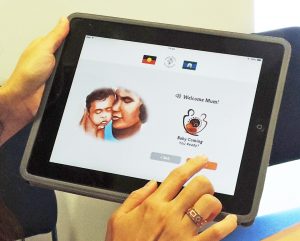
-
The Digitised BCYR Application
The BCYR web-based ‘app’ was first tested with a group of Aboriginal Mums and Dads who had recently become new parents and midwives and nurses. The parents each reported feeling like they had more control in perinatal clinical settings and that they felt more able to recognise their strengths and make choices for themselves.
A highly successful pilot was then conducted with the BCYR digital platform being rolled out in clinical settings in Perth metropolitan and Wheatbelt sites. This confirmed and extended the initial positive findings.
Pilot sites included (i) Boodjari Yorgas at Armadale Hospital, (ii) Moort Boodjari Mia at St John of God in Midland, (ii) Child and Adolescent Health Services in Midvale and Kwinana and the Wheatbelt: (iv) Northam, (v) Narrogin, (vi) Moora and (vii) Merredin. This promising pilot analysed data from more than 300 Aboriginal women and 37 professionals (midwives, nurses and GPs). We thank all the professionals and Aboriginal families who participated in making sure this digital program genuinely serves the needs Aboriginal families.
Melanie Robinson with Krystal and baby Issac testing the BCYR rubric.
-
Training Practitioners to Implement BCYR
Many skilled practitioners committed their knowledge and experience to ensure BCYR can be embedded into clinical practice to improve health and well-being outcomes for Aboriginal and Torres Strait Islander families.
All practitioners who implement the BCYR app are required to undertake the three-tiered BCYR training. This ensures:
- A baseline understanding of cultural safety and competence when working alongside Aboriginal families.
- A deeper understanding and capacity to work within the context of trauma, including intergenerational trauma and post-traumatic stress.
- The ability to respond to the variety of needs, concerns and questions that often arise through the course of implementing BCYR.
This dedicated team are taking BCYR to roll out across perinatal health care sectors. These include, Boodjari Yorgas (Armadale Health Service), Fiona Stanley Hospital, Moort Boodjari Mia (St John of God Midland Public Hospital), Ngala, the Aboriginal Health Teams at Child and Adolescent Community Health (CACH), Women’s and Family Services Northbridge and WAPHA.
-
BCYR Going Forward
From June 2020, the BCYR pilot will be rolled out in six Perth and outer metro sites and four rural and regional sites in Western Australia. Pilot sites are a mix of government, non-government and private organisations providing antenatal and/or postnatal care for Aboriginal women.
